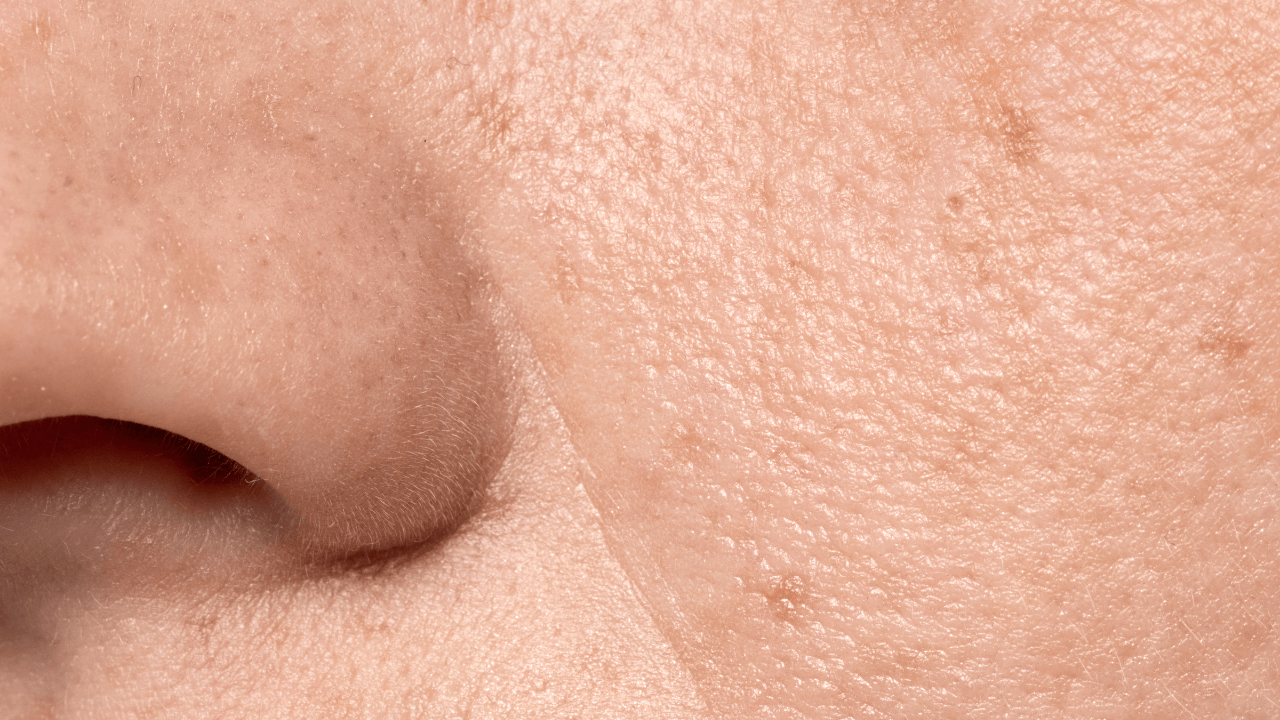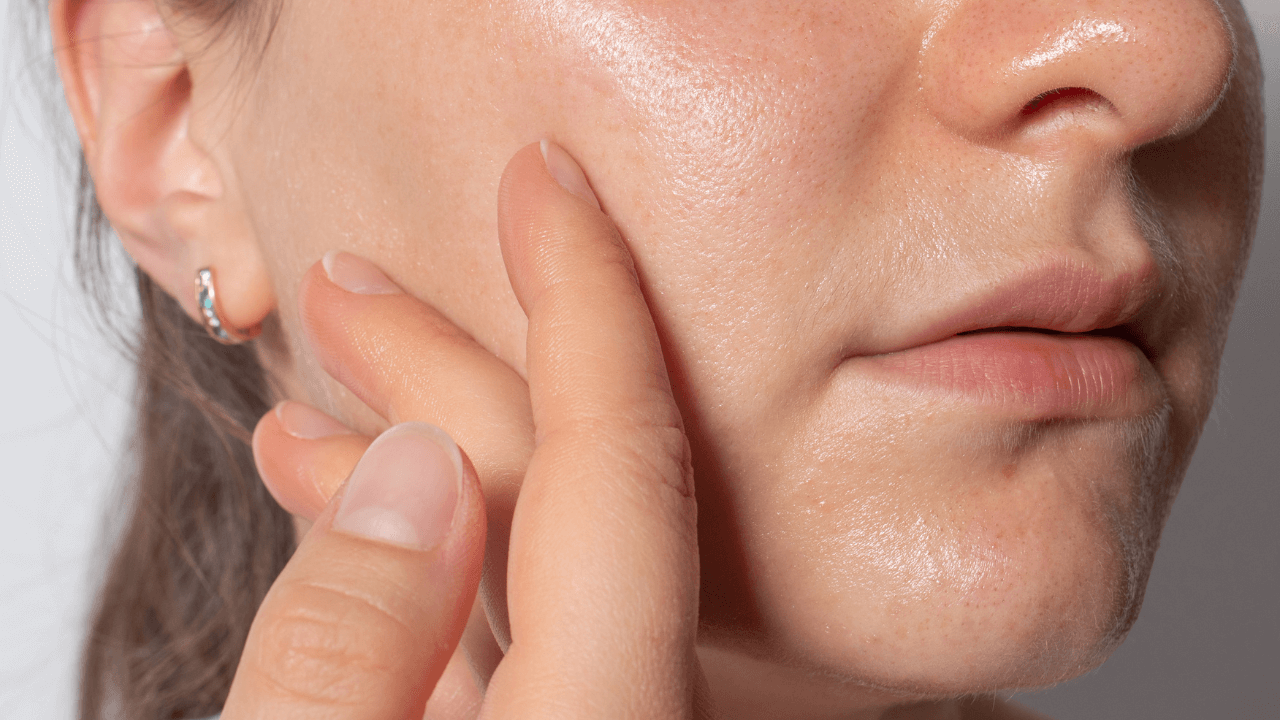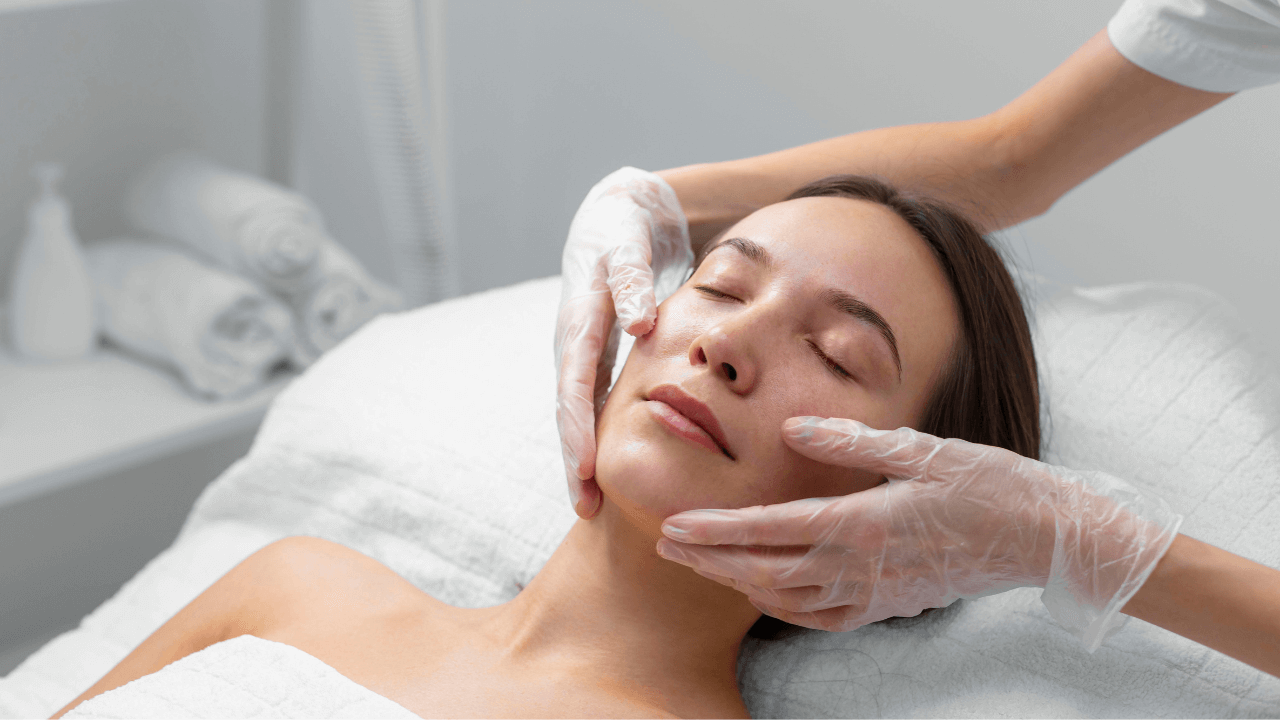Retinol is a popular ingredient in skincare that offers a range of benefits, from reducing the appearance of fine lines and wrinkles to improving skin texture and tone. It’s a type of retinoid, which is derived from vitamin A, and works by binding to specific receptors in the skin, stimulating collagen production, and increasing cell turnover. In this article, we’ll explore the benefits of retinol in skincare and offer tips on how to incorporate it into your routine.
One of the most significant benefits of retinol is its ability to reduce the appearance of fine lines and wrinkles. By stimulating collagen production, retinol can help plump up the skin and smooth out fine lines and wrinkles, leading to a more youthful appearance. Additionally, retinol can improve skin texture and tone by increasing cell turnover, revealing brighter, more radiant skin. It can also fade dark spots and hyperpigmentation caused by sun damage or acne.
Another benefit of retinol is its ability to prevent breakouts. By unclogging pores and reducing sebum production, retinol can help prevent acne and reduce inflammation, making it a useful ingredient for those with acne-prone skin. Additionally, retinol can boost skin hydration by improving the skin’s barrier function, preventing moisture loss and keeping the skin looking plump and hydrated.
When incorporating retinol into your skincare routine, it’s essential to start slowly and use a product with a lower concentration of retinol to avoid irritation. It’s also important to avoid using retinol during the day, as it can make the skin more sensitive to the sun. Finally, be patient when using retinol - it can take several weeks to see results, but the benefits are worth it.
In conclusion, retinol is a potent ingredient that can provide a range of benefits for your skin. Whether you’re looking to reduce the appearance of fine lines and wrinkles, improve skin texture and tone, or prevent breakouts, retinol could be an excellent addition to your skincare routine. With a little patience and the right products, you can enjoy the benefits of retinol for healthier, more radiant skin.

- Acne: Retinol helps keep pores clear by reducing the buildup of skin cells. It also reduces inflammation and redness associated with acne.
- Aging support: Retinol stimulates skin cell turnover and collagen production, which can improve the appearance of fine lines, wrinkles, and skin texture.
- Sun damage: Retinol can help fade hyperpigmentation and uneven skin tone caused by sun exposure. It can also strengthen the skin and protect it from further damage.
- Hydration: Retinol can help remove dead skin cells that can make your skin dry. It can also increase the moisture content of your skin.
- Keratosis pilaris: Retinol can help smooth rough and bumpy skin caused by keratosis pilaris, a condition that affects the hair follicles.
To use retinol safely and effectively, you should follow these tips:
- Start slowly and gradually increase the frequency and concentration of retinol. This can help prevent skin irritation, such as redness, flaking, and peeling.
- Apply retinol at night, as it can make your skin more sensitive to sunlight. Use a moisturizer and sunscreen during the day to protect your skin.
- Choose a retinol product that suits your skin type and needs. You can find retinol in various forms, such as creams, gels, lotions, serums, and ointments. You can also consult a dermatologist for prescription-strength retinoids, which are more potent than over-the-counter retinol.
- Be patient and consistent. Retinol can take several weeks or months to show noticeable results. You may experience some initial worsening of your skin condition before it improves.






